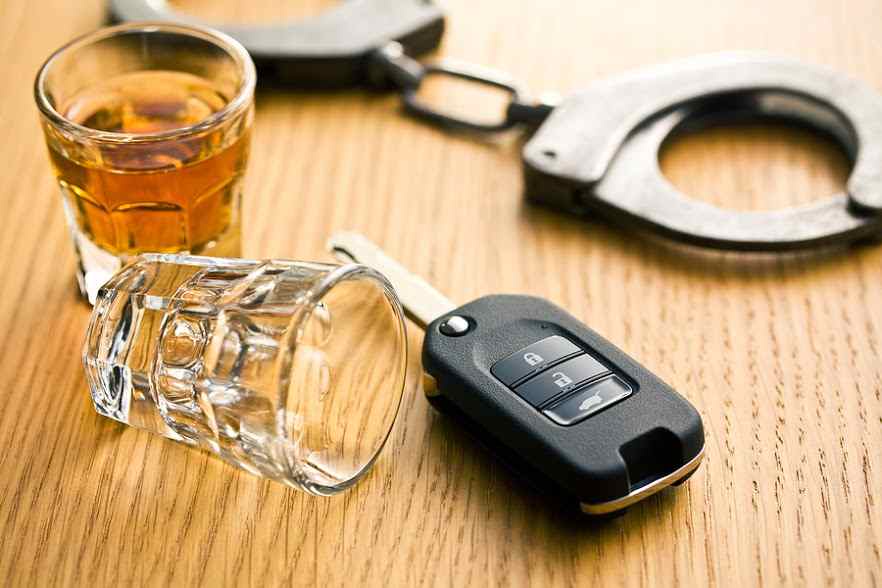Driving while under the influence of alcohol is uniformly prohibited in all 50 states, but each state has slightly different laws and uses variations of terminology to describe drunk driving. The two terms commonly used in most states to describe drunk driving are “DWI” and “DUI.”
DWI stands for driving while intoxicated.” DUI stands for “driving under the influence.
Both terms are used interchangeably to describe drunk driving in the state of New Jersey. In other words, since both terms have the same meaning, either can be used without error. Prosecution and sentencing for both DWI and DUI fall under the same statute – N.J.S.A. 39:4-50 (Driving While Intoxicated). Conviction of a DWI or DUI involves the same consequences.
Penalties & Requirements for a New Jersey DWI/DUI
Being convicted of drunk driving in New Jersey can result in penalties under the following circumstances:
- If the driver is under 21 years old and has a blood alcohol content (BAC) of 0.01% or higher.
- If the driver is 21 years old or older and has a BAC of 0.08% or higher.
You do not have to submit a BAC test to be found guilty on DUI charges. Any consumption of controlled substances, including alcohol, prescription drugs, over-the-counter medication, or illegal drugs while operating a vehicle, can lead to a DWI arrest.
Important Steps to Take If You Are Pulled Over
If you are pulled over, you need to take certain steps to avoid the likelihood of a DWI arrest. Our experienced New Jersey DWI lawyer recommends the following:
- Remain in your vehicle: Upon being pulled over, stay inside your car and place your hands on the steering wheel until instructed otherwise by the officer.
- Keep your composure: To avoid errors or unnecessary escalation of suspicion, strive to stay calm throughout the encounter.
- Show politeness and courtesy: Hostility or antagonism towards the officer can strengthen the likelihood of a drunk driving arrest. Instead, maintain a respectful demeanor and answer the officer's inquiries to the best of your ability.
- Submit to a breathalyzer test: New Jersey law requires motorists to comply with breath tests. However, if the officer improperly requests an Alcotest, the results may be deemed inadmissible.
In the possibility of a drunk driving arrest despite following these steps, it's imperative to seek immediate guidance from an experienced DWI attorney to protect your legal rights.


No comments yet